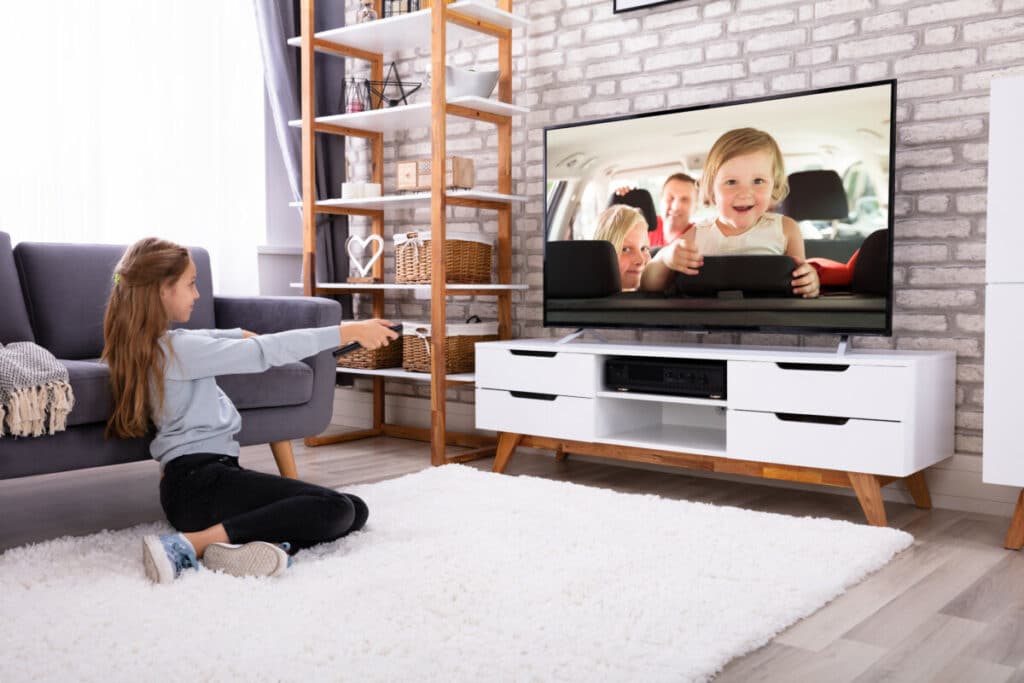8 Appropriate Punishment Ideas for 9-Year-Olds
When your child does something wrong, it can be hard to know what to do. Some punishments are going to be more effective than others. A nine-year-old is going to respond differently to certain punishments than other children depending on their age and temperament.
Not all of these punishments are going to be right for your child, and you need to adapt the consequence to the bad thing that they did. However, here are 9 punishments that you can consider using that are appropriate for a 9-year-old child. These are a good place to start when deciding the best course of action for disciplining your child.
1. Discussion About What They Did Wrong
When your child does something wrong, it is important that they understood why what they did was wrong. 9-year-olds are at the age when they are learning the expectations that people have for them. They understand the difference between right and wrong, but they still need help navigating.
Before enacting the consequences, sit down with your child and talk about what they did. If they refused to do their chores, talk to them about the importance of helping around the house and learning skills for later in life. If they hit a sibling, talk about how their actions hurt the other child and how people should be nice to one another.
There should still be consequences for what they did, but your child won’t learn if they don’t know why they are receiving consequences.
2. Extra Chores
Having your child do extra chores is a good consequence for a nine-year-old. It is an especially good punishment when they don’t do their chores on time or don’t clean up their room when asked. This shows that they need to clean the things they are supposed to do or they will need to do extra work.
Cleaning is certainly a punishment for a nine-year-old, who would probably rather be doing anything else. It also can also teach them to be responsible. Bonus, you also get some of your houses cleaned!
3. No Electronics

Electronics have become a big deal to children these days. Children younger than nine are getting cell phones and spending a lot of time using them. Even if your nine-year-old doesn’t have a cell phone, you may allow them to play on the computer or watch TV for a certain amount of time. Taking away this privilege is an effective punishment for nine-year-olds because they are old enough to understand that the loss of screen time is a consequence of their misbehavior.
4. Time Out
Time out is an old punishment, but it has been proven effective. Having your nine-year-old sit somewhere quiet with nothing to entertain them can help reinforce good behavior. For a nine-year-old, time out should last about 10 minutes.
You first need to give your nine-year-old a warning that if their misbehavior continues, they are going to go to time out. If they keep acting that way, that is when you put them in time out. Make sure that you explain why they are in time out and what kind of behavior you want to see in the future.
5. Grounding
Grounding is another punishment that you can use if a nine-year-old misbehaves. This means losing a few different privileges, such as going to a friend’s house, electronics, etc. Grounding should be used for repeated or serious misbehavior, and it shouldn’t last more than a week. Start out with a day or two, and decide if you should extend it if they don’t have a better attitude. Grounding as a punishment should be used sparingly, as prolonged absence from friends and activities can be harmful.
6. Helping Someone

One of the best ways to punish a nine-year-old for something is to have them do something nice for someone else. This way they are learning their lesson and learning about how to treat others. Have them play nicely with a younger sibling for a while or visit a grandparent or weed a neighbor’s yard. It can be especially effective to have them do something nice for the person that they hurt or were mean to.
7. Apologizing
This doesn’t mean a quick, mumbled, “I’m sorry.” A real apology should first involve acknowledging what you did wrong; saying that you’re sorry for hurting them or being mean to them isn’t going to cut it. Then you acknowledge what they must have felt; empathizing is very helpful in teaching a child what they need to do better. You then say what you were feeling, but keep the explanation brief. Next, you say how your behavior will change in the future. Finally, you ask for their forgiveness.
Having your nine-year-old apologize to someone this way can help the child understand how they hurt the other person, and it can help the other person know that they are legitimately sorry. My mother made us apologize this way, and it always helped me feel bad for what I did and try to do better the next time.
8. Making it Right
It is important that a child not only apologizes for something they did to someone else but also makes amends for what they did. Nine-year-olds need to experience the natural consequences of their actions, not just the punishments they receive from their parents.
If your child breaks another kid’s toy, have them replace it, whether by using their allowance or you pay for it and have them work it off by doing chores. Those kinds of actions have those kinds of consequences in real life, so it is important that your nine-year-old understands that is how it is in the real world.

